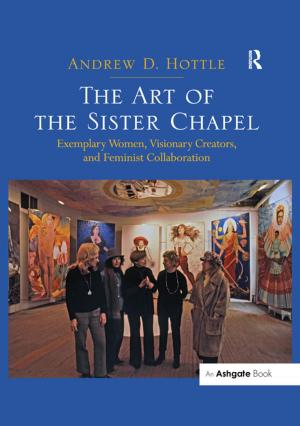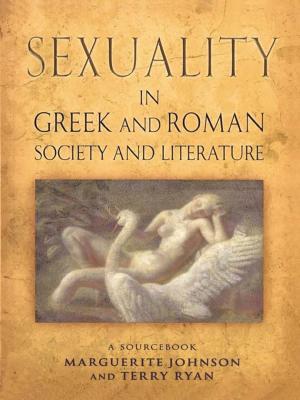Medicine, Government and Public Health in Philip II's Spain
Shared Interests, Competing Authorities
Nonfiction, Health & Well Being, Medical, Reference, History| Author: | Michele L. Clouse | ISBN: | 9781317098225 |
| Publisher: | Taylor and Francis | Publication: | April 22, 2016 |
| Imprint: | Routledge | Language: | English |
| Author: | Michele L. Clouse |
| ISBN: | 9781317098225 |
| Publisher: | Taylor and Francis |
| Publication: | April 22, 2016 |
| Imprint: | Routledge |
| Language: | English |
Bridging the gap between histories of medicine and political/institutional histories of the early modern crown, this book explores the relationship between one of the most highly bureaucratic regimes in early modern Europe, Spain, and crown interest in and regulation of medical practices. Complementing recent histories that have emphasized the interdependent nature of governance between the crown and municipalities in sixteenth-century Spain, this study argues that medical policies were the result of negotiation and cooperation among the crown, the towns, and medical practitioners. During the reign of Philip II (1556-1598), the crown provided unique opportunities for advancements in the medical field among practitioners and support for the creation and dissemination of innovative medical techniques. In addition, crown support for and regulation of medicine served as an important bureaucratic tool in the crown's effort to expand and solidify its authority over the distinct kingdoms and territories under Castilian authority and the municipalities within the kingdom of Castile itself. The crown was not the only agent of change in the medical world, however. Medical policies and their successful implementation required consensus and cooperation among competing political authorities. Bringing to life a cast of characters from early modern Spain, from the female empiric who practiced bonesetting and surgery to the university-trained, Latin physician whose medical textbook standardized medical education in the universities, the book will broaden the scope of medical history to include not only the development of medical theory and innovative practice, but also address the complex tensions between various authorities which influenced the development and nature of medical practice and perceptions of 'public health' in early modern Europe. Juxtaposing the history of medicine with the history of early modern state-building brings a unique perspective to this challenging book that reassesses the relationship between the monarch and intellectual milieu of medicine in Spain. It further challenges the dominance of studies of medical regulation from France and England and illuminates a diverse and innovative world of Spanish medical practice that has been neglected in standard histories of early modern medicine.
Bridging the gap between histories of medicine and political/institutional histories of the early modern crown, this book explores the relationship between one of the most highly bureaucratic regimes in early modern Europe, Spain, and crown interest in and regulation of medical practices. Complementing recent histories that have emphasized the interdependent nature of governance between the crown and municipalities in sixteenth-century Spain, this study argues that medical policies were the result of negotiation and cooperation among the crown, the towns, and medical practitioners. During the reign of Philip II (1556-1598), the crown provided unique opportunities for advancements in the medical field among practitioners and support for the creation and dissemination of innovative medical techniques. In addition, crown support for and regulation of medicine served as an important bureaucratic tool in the crown's effort to expand and solidify its authority over the distinct kingdoms and territories under Castilian authority and the municipalities within the kingdom of Castile itself. The crown was not the only agent of change in the medical world, however. Medical policies and their successful implementation required consensus and cooperation among competing political authorities. Bringing to life a cast of characters from early modern Spain, from the female empiric who practiced bonesetting and surgery to the university-trained, Latin physician whose medical textbook standardized medical education in the universities, the book will broaden the scope of medical history to include not only the development of medical theory and innovative practice, but also address the complex tensions between various authorities which influenced the development and nature of medical practice and perceptions of 'public health' in early modern Europe. Juxtaposing the history of medicine with the history of early modern state-building brings a unique perspective to this challenging book that reassesses the relationship between the monarch and intellectual milieu of medicine in Spain. It further challenges the dominance of studies of medical regulation from France and England and illuminates a diverse and innovative world of Spanish medical practice that has been neglected in standard histories of early modern medicine.















